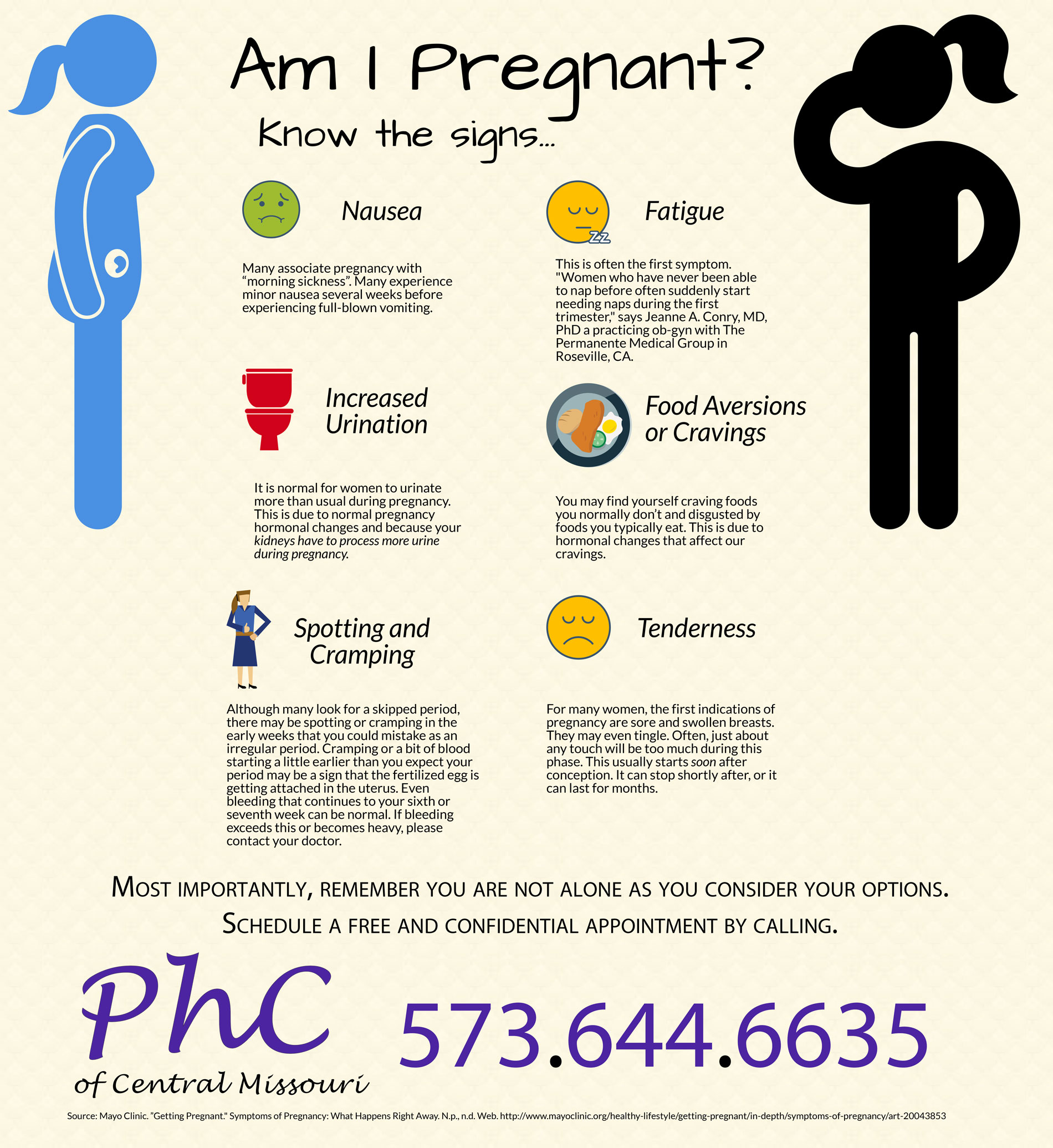
Pregnancy Symptoms Throughout Stages
Pregnancy is a transformative journey that brings about a myriad of physical, emotional, and hormonal changes in a woman’s body. These changes manifest as a range of symptoms that vary in intensity and duration throughout the three trimesters of pregnancy. Understanding these symptoms can help expectant mothers navigate the complexities of this extraordinary experience.
First Trimester (Weeks 1-12)
- Morning sickness: This is one of the most common early pregnancy symptoms, affecting up to 80% of women. It typically occurs between weeks 6 and 12 and is characterized by nausea and vomiting, often in the morning.
- Fatigue: Progesterone levels rise during pregnancy, leading to increased sleepiness and fatigue.
- Breast tenderness: The breasts begin to prepare for lactation, resulting in tenderness, swelling, and darkening of the areolas.
- Frequent urination: The growing uterus puts pressure on the bladder, causing increased urinary frequency.
- Food aversions and cravings: Hormonal changes can alter taste and smell perceptions, leading to food aversions and cravings.
- Mood swings: Pregnancy hormones can trigger emotional fluctuations, including irritability, moodiness, and anxiety.
- Constipation: Progesterone relaxes the digestive system, slowing down bowel movements and causing constipation.
- Headaches: Hormonal changes and increased blood flow can contribute to headaches during pregnancy.
Second Trimester (Weeks 13-27)
- Increased energy: As morning sickness subsides, many women experience a surge in energy during the second trimester.
- Growing belly: The uterus expands rapidly, causing the abdomen to protrude.
- Fetal movements: Around week 18-20, most women begin to feel the baby’s movements, known as quickening.
- Weight gain: Weight gain accelerates during the second trimester, typically around 1-2 pounds per week.
- Skin changes: Hormonal changes can cause skin darkening, especially around the nipples and groin area.
- Varicose veins: Increased blood flow and pressure can lead to the development of varicose veins in the legs and vulva.
- Hemorrhoids: Constipation and increased pressure on the pelvic area can cause hemorrhoids, which are swollen and painful veins in the rectum.
Third Trimester (Weeks 28-40)
- Pelvic pressure: The baby’s head descends into the pelvis, putting pressure on the bladder and rectum.
- Swelling: Fluid retention can cause swelling in the hands, feet, and ankles.
- Shortness of breath: The growing uterus pushes up against the diaphragm, reducing lung capacity.
- Heartburn: Progesterone relaxes the valve between the stomach and esophagus, allowing stomach acid to reflux into the esophagus.
- Insomnia: The combination of physical discomfort, hormonal changes, and anxiety can disrupt sleep.
- Braxton Hicks contractions: These irregular uterine contractions prepare the body for labor.
- Nesting instinct: Many women experience an urge to prepare the home and environment for the baby’s arrival.
Other Symptoms
In addition to the common symptoms mentioned above, some women may experience less frequent symptoms, such as:
- Back pain: The growing uterus and hormonal changes can strain the back muscles.
- Carpal tunnel syndrome: Pressure on the median nerve in the wrist can cause numbness and tingling in the hands.
- Gestational diabetes: This condition, which develops during pregnancy, causes high blood sugar levels.
- Preeclampsia: A serious condition characterized by high blood pressure and protein in the urine.
When to Seek Medical Attention
Most pregnancy symptoms are normal and do not require medical attention. However, it is important to seek medical care if you experience:
- Severe or persistent vomiting
- Abdominal pain or cramping
- Vaginal bleeding
- High fever
- Sudden swelling
- Blurred vision
- Severe headaches
Conclusion
Pregnancy symptoms are a natural part of the journey towards motherhood. Understanding these symptoms can help expectant mothers navigate the complexities of this transformative experience. By paying attention to their bodies and seeking medical attention when necessary, women can ensure a healthy and fulfilling pregnancy.